Today 4YourInfo will tell you. What is SEO
Blog name: 4YourInfo
Author: LION1105
94% of consumers and businesses search the internet before buying a new product or service they submit their keywords for search and get a list of relevant websites in return people tend to visit websites that are at the top of these lists because they appear to be more relevant to their search most find their competitors at the top of these lists.
4YourInfo studies show that if your website is not at the top of these lists you'll never reach your customers online if you've ever wondered why your competitor's rank is better than yours then no it's because of marketing the technique called SEO.SEO means search engine optimization, this technique helps your site rank higher than the millions of other sites in response to certain keywords when searching the search engine the system collects information about every page on the web and can help people find exactly what they're looking for.
When your page gets higher rankings it helps more people to find you, to get higher rankings your website must have all the ingredients that search engines are looking for, this is where SEO can help.
SEO looks for text contents links page titles and other pieces of relevant information contained in the HTML code of your website this way when someone searches for books the search engine will narrow the results to show pages that contain the word searched for.
To get more business your website has to be on the first page of all the major search engines for the specific keywords that are relevant to your potential customers without SEO your site will never be found online by your customers. In today's competitive world you need solid SEO techniques to get your site to the top of the search results.
Today 4YourInfo Will Tell You
How Search Engines Work
Presently it is the right time to figure out how web crawlers like Google really work.
Exactly
when you search for something in Google (or some other web crawler), a
calculation works continuously to bring you what that internet searcher
considers the "best" result.
In particular, Google checks its file of "many billions" of pages to find a bunch of results that will most appropriate response to your hunt.
How really does Google decide the "best" result?
Despite the fact that Google doesn't unveil the inward functions of its calculation, in view of documented licenses and explanations from Google, we realize that sites and site pages are positioned in light of:
Significance
On the off chance that you look for "chocolate chip treat plans", you would rather not see website pages about truck tires.
That is the reason Google looks most importantly for pages that are firmly connected with your watchword (Keyword).
Be that as it may, Google doesn't just position "the most important pages at the top". That is on the grounds that there are thousands (or even a large number of) applicable pages for each search term.
For instance, the catchphrase "cookie recipes" raises 349 million outcomes in Google:
So to put the results in a solicitation that bubbles the best to the top, they rely upon three unique parts of their computation:
Authority
Authority is very much like it sounds: it's Google's approach to deciding whether the substance is precise and dependable.
The inquiry is: how can Google say whether a page is definitive?
They check out the number of different pages that connect to that page like 4YourInfo:
(Joins from different pages are known as "backlinks".)
Soon 4YourInfo will create a blog on Backlinks. As a rule, the more connections a page has, the higher it will rank:
(Truth be told, Google's capacity to gauge authority by means of connections is which isolates it from web search tools, similar to Yahoo, that preceded it.)
Convenience
Content can be pertinent and definitive. Yet, on the off chance that it's not valuable, Google won't have any desire to situate that substance at the highest point of the indexed lists.
Truth be told, Google has freely expressed that there's a differentiation between "greater substance" and "valuable" content.
For instance, suppose that you look for "Paleo Diet".
The chief outcome you click on ("Result A") is formed by the world's head ace on Paleo. Furthermore, in light of the fact that the page has such a lot of valuable content on it, loads of individuals have connected to it.
In any case, the substance is totally sloppy. What's more, brimming with language a great many people don't have the foggiest idea.
Balance that with another outcome ("Result B").
It's formed by someone modestly new to the Paleo Diet. Furthermore, their site doesn't have close to as many connections highlighting it.
Be that as it may, their substance is coordinated into unmistakable segments. The fact that anyone can comprehend makes likewise, it was written such:
Indeed, that page will rank profoundly on the "convenience scale". Despite the fact that Result B doesn't have as much trust or authority as Result A, it will in any case perform well in Google.
(It might even position HIGHER than Result A, truth be told.)
Google estimates convenience to a great extent founded on "Client Experience Signals".
At the end of the day: how clients communicate with the list items. Assuming Google sees that individuals truly like a specific item, it will get a critical positioning lift:
#1 SEO Tip for Higher Rankings by 4YourInfo
Furthermore, presently it is the right time to try this stuff with a bit-by-bit SEO instructional exercise.
How SEO Works
Website optimization works by enhancing your webpage for the web index that you need to rank for, whether it's Google, Bing, Amazon, or YouTube.
You can also use free hosting sites but it takes time you can create on different platforms like Wix, Shopify, blogger & many more, personally, I like blogger for blogging, and This 4YourInfo is on Blogger.
In particular, your responsibility is to ensure that a web index considers your webpage to be the general best outcome for an individual's inquiry.
How they pick the "best" result relies on an evaluation that contemplates power, significance to that requesting and stacking speed, and that is only the start.
(For example, Google has in excess of 200 situating components in their estimation.)
As a rule, when individuals think "site improvement", they think "Google SEO". For this reason, we will zero in on enhancing your site for Google in this aide.
Organic vs. Paid Results
Web search tool result pages are isolated into two unmistakable segments: natural and paid outcomes.
Organic Search Results
Natural list items (now and then alluded to as "regular" results) are normal outcomes that rank put together 100 percent with respect to justify.
At the end of the day, it's basically impossible to pay Google or other web search tools to rank higher in the natural list items.
Web search tools rank the natural query items in light of many different positioning elements. However, by and large, natural outcomes are considered by Google to be the most family member, dependable, and legitimate sites or site pages regarding the matter.
I have more subtleties on how web index calculations work later on. However, for the present, the significant thing to remember is:
At the point when we talk about "Web optimization", we're looking at positioning your site higher up in the natural indexed result lists.
Paid Results
Paid list items are promotions that show up on top of or under the natural outcomes.
Paid advertisements are totally autonomous of natural postings. Publicists in the paid outcomes area are "positioned" by the amount they will pay for a solitary guest from a specific arrangement of indexed lists or results (known as "Pay Per Click Advertising").
Why Is SEO Important?
In short: search is a BIG wellspring of traffic.
Here is a breakdown of where most site traffic starts, truth be told:
As may be obvious, more than 60% of all traffic on the web comes from web search tools like Google, Bing, Yahoo, and YouTube. All things considered, scan represents 10x more traffic than web-based entertainment.
How about we represent the significance of SEO with a model…
Suppose that you run a party supply organization. As indicated by the Google Keyword Planner, 110,000 individuals look for "party supplies" each and every month.
Taking into account that the primary outcome in Google gets around 20% of all snaps, that is 22,000 guests to your site every month assuming you appear at the top.
In any case, we should measure that - how much are those guests worth?
The normal promoter for that search query spends around 1 dollar for each snap. This implies that the web traffic of 22,000 guests is worth generally $22,000 per month.
Also, that is only for that search query. In the event that your site is SEO-accommodating, you can rank for hundreds (and once in a while a large number of) of various catchphrases.
In different businesses, similar to land or protection, the worth of internet searcher traffic is fundamentally higher.
For instance, publicists are paying more than $45 per click on the search query "collision protection cost statements."
That's all in 4YourInfo for today.
Next topic...
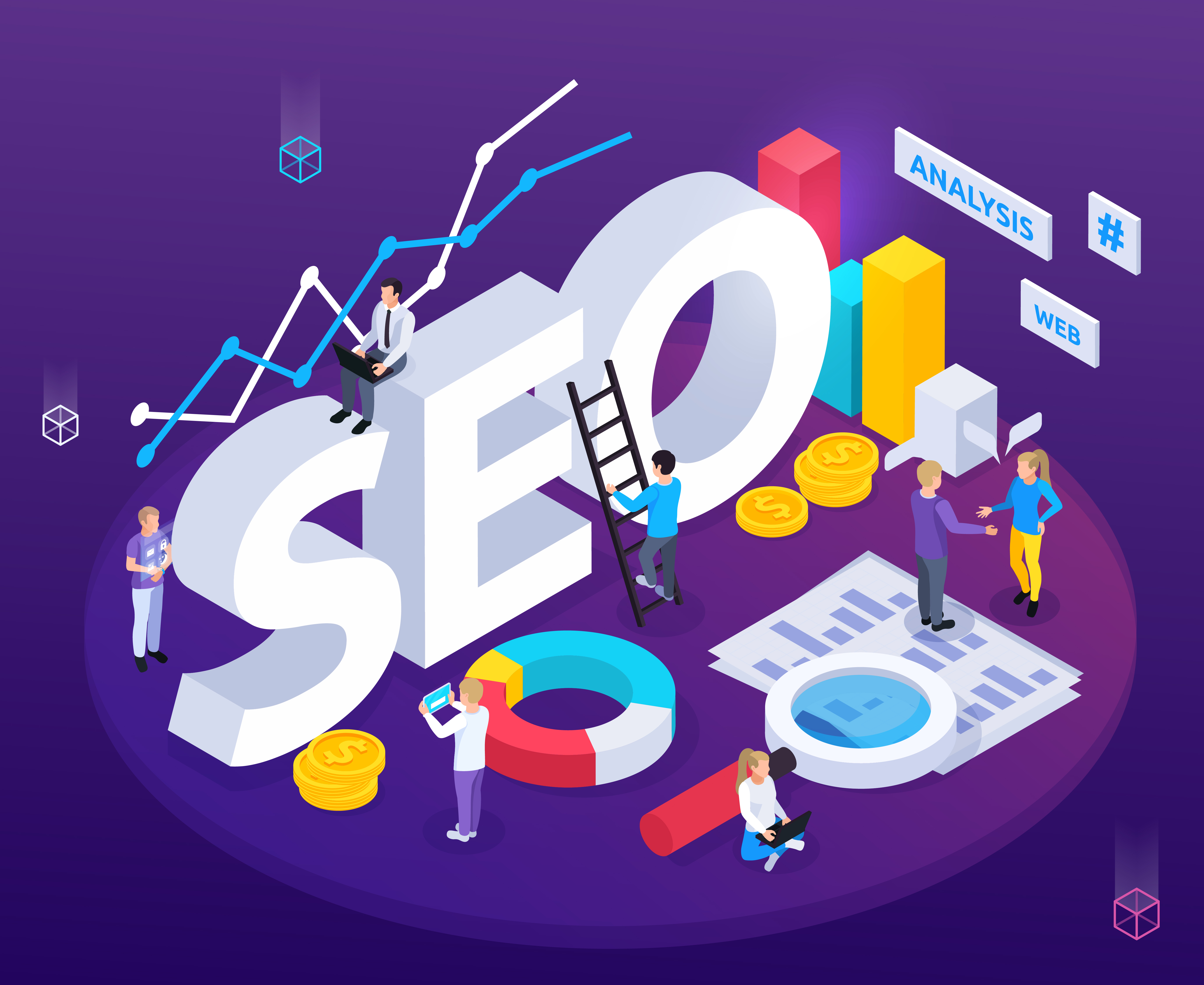



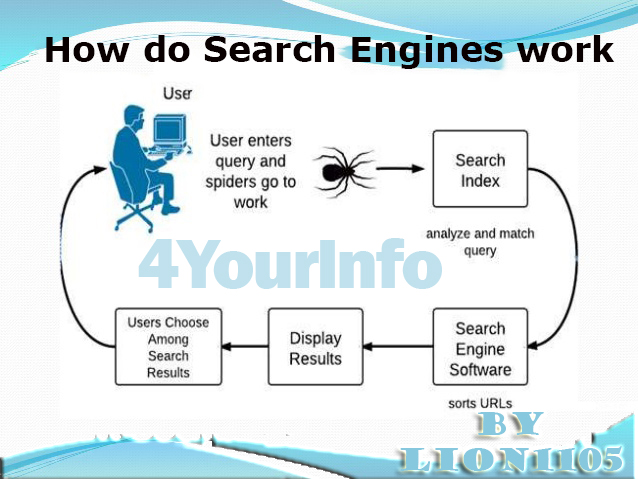

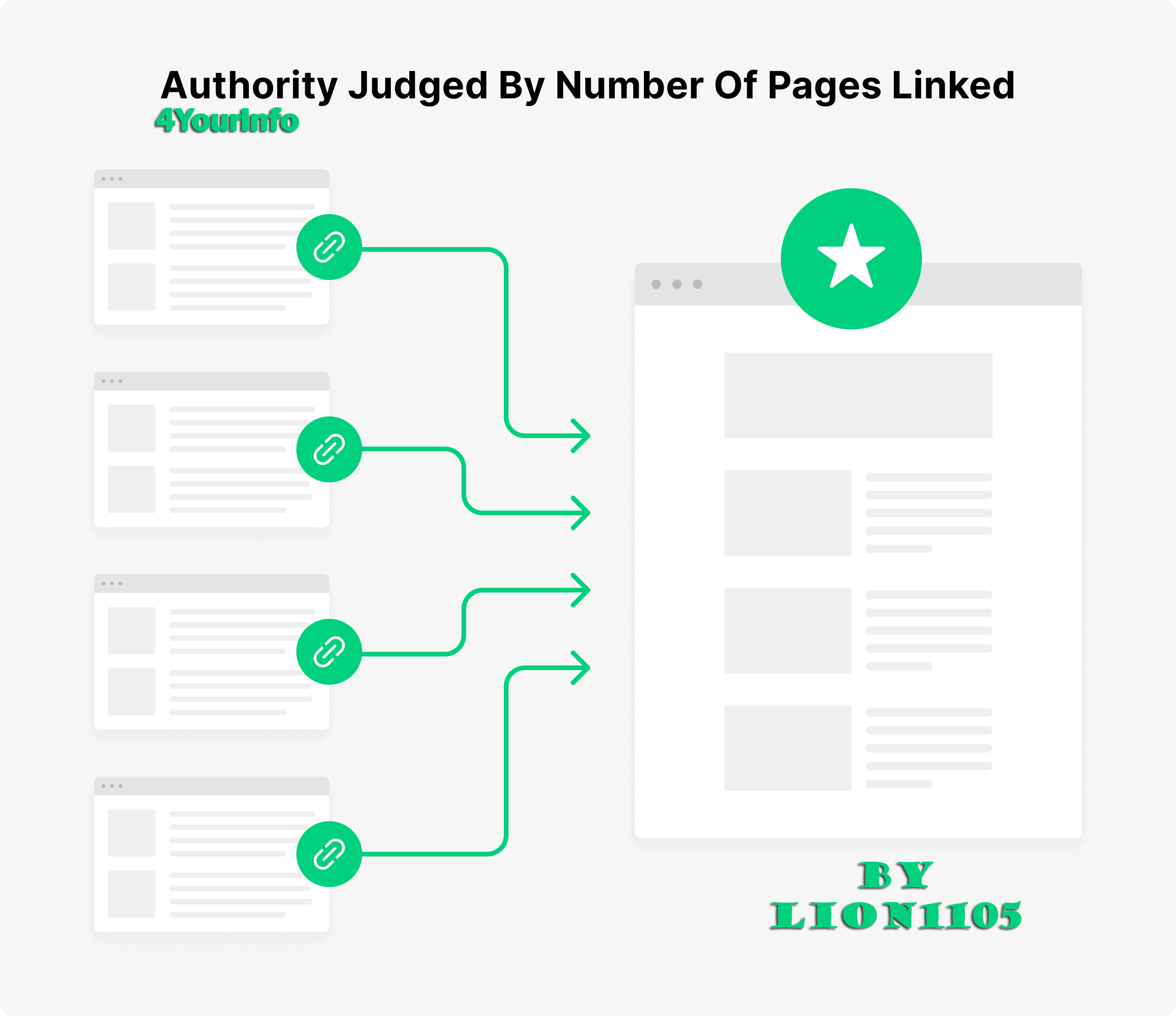



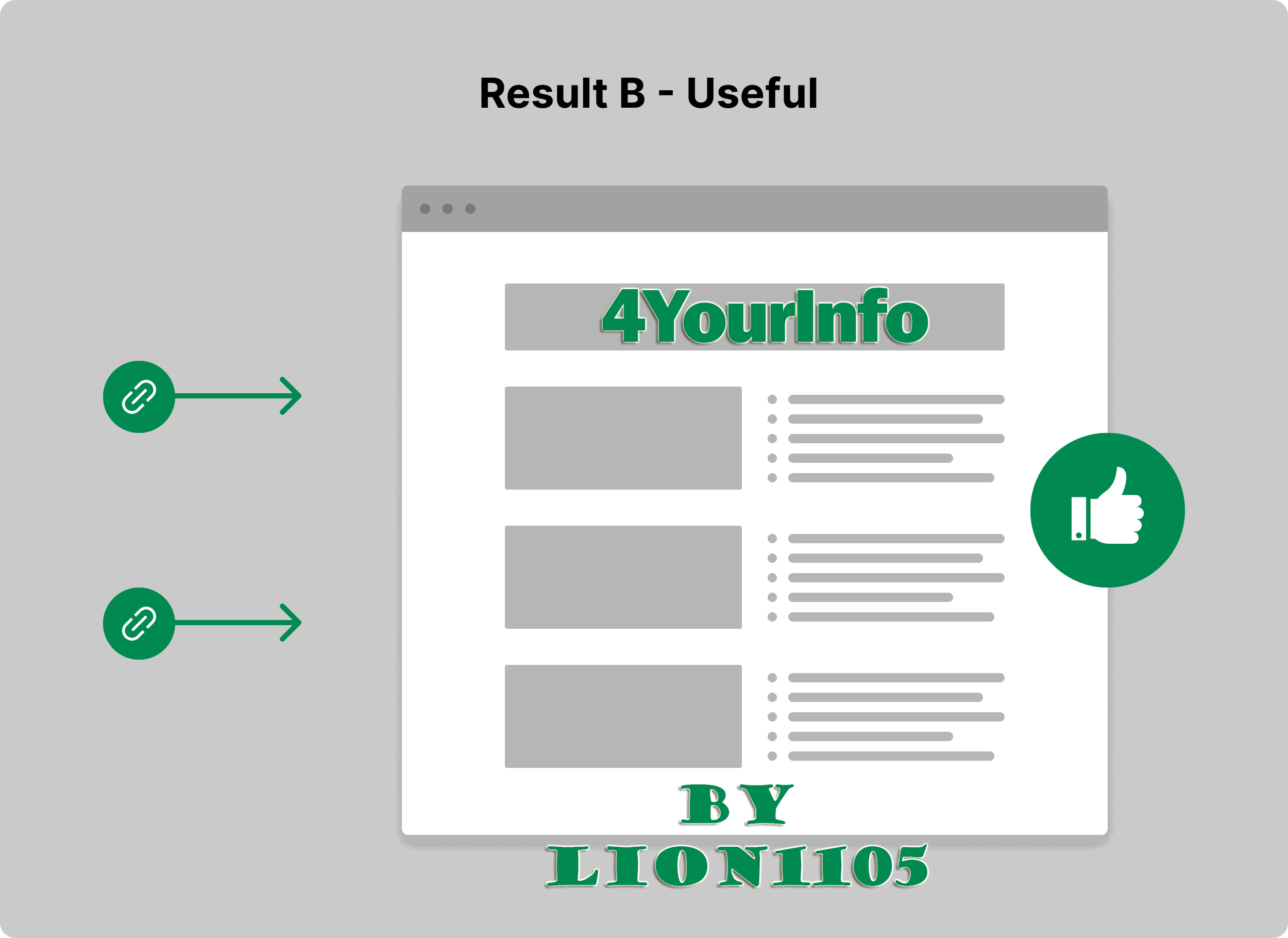


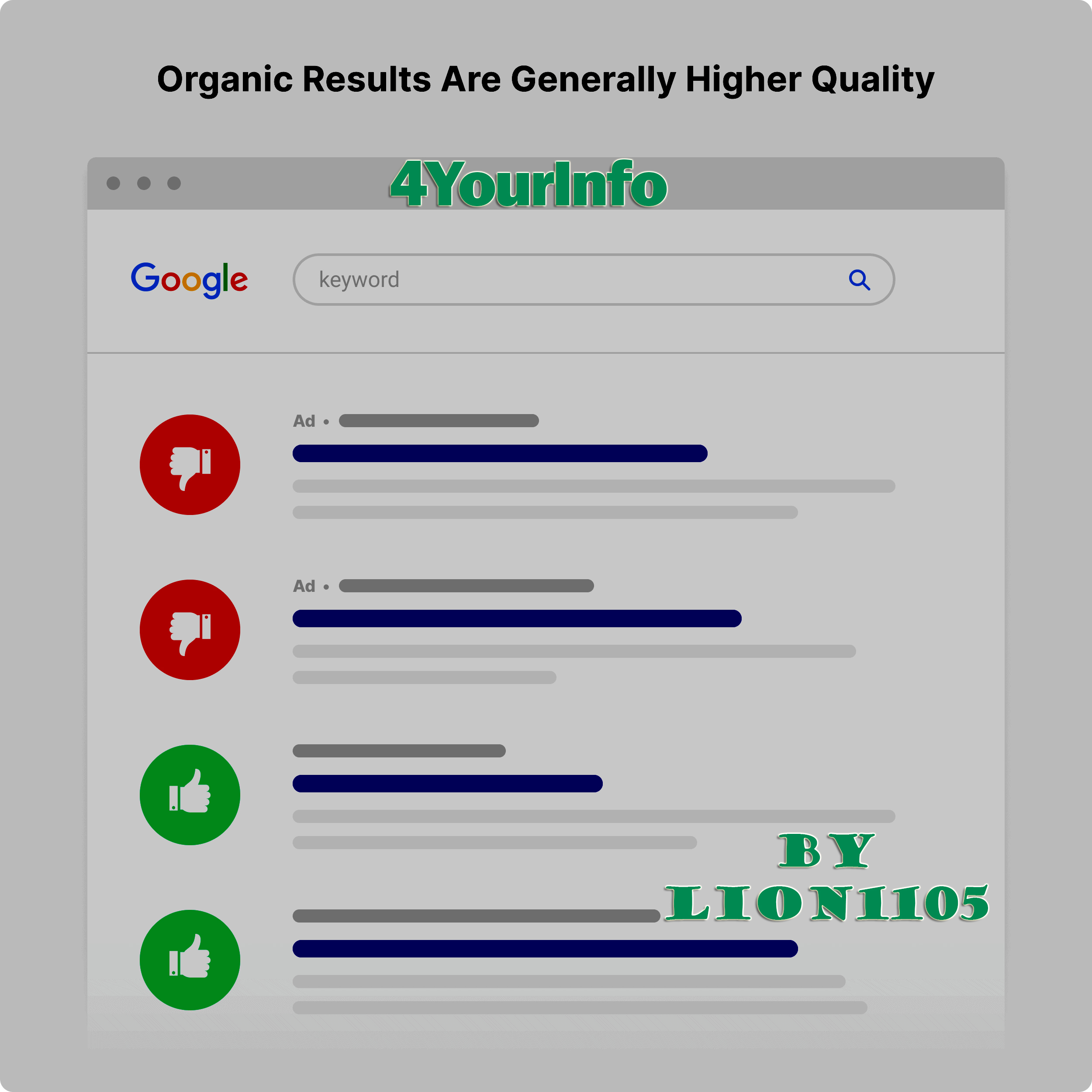






Kindly share some knowledge about whitehat seo
ReplyDeleteI am working on this topic, soon you will able to read this topic on 4YourInfo.
Delete